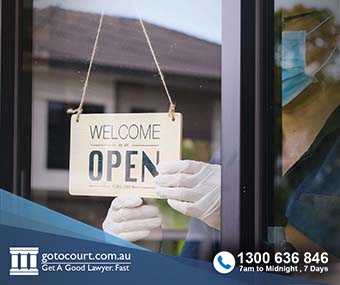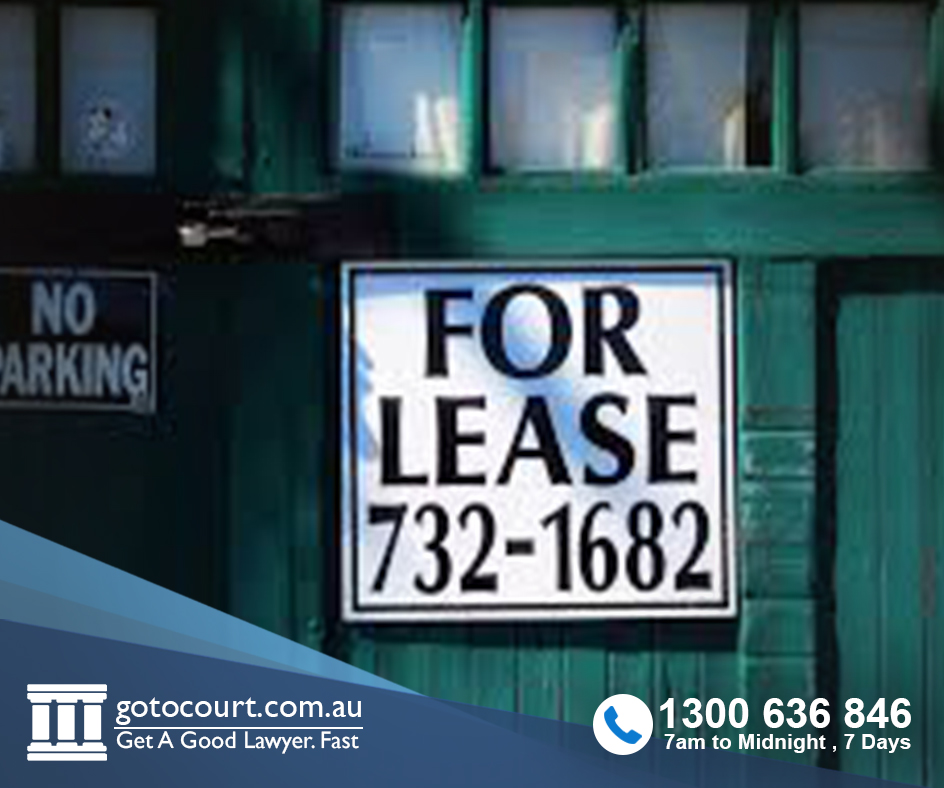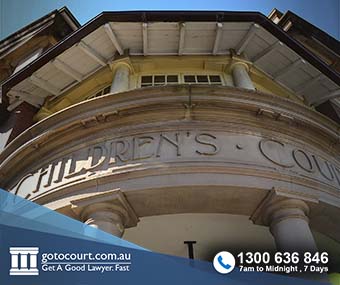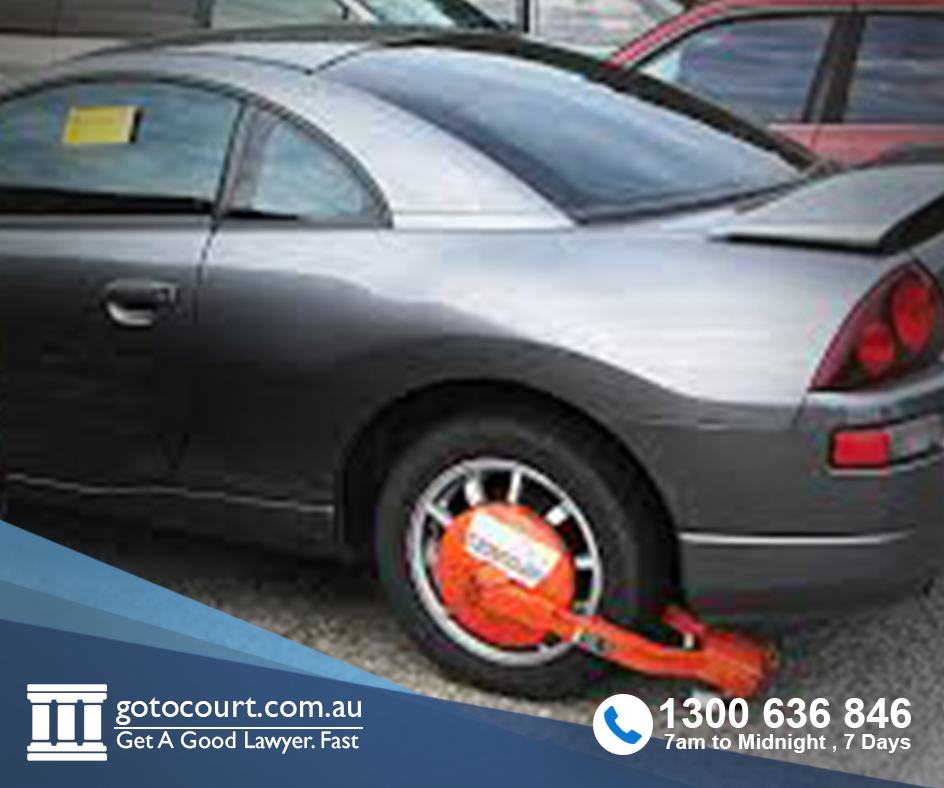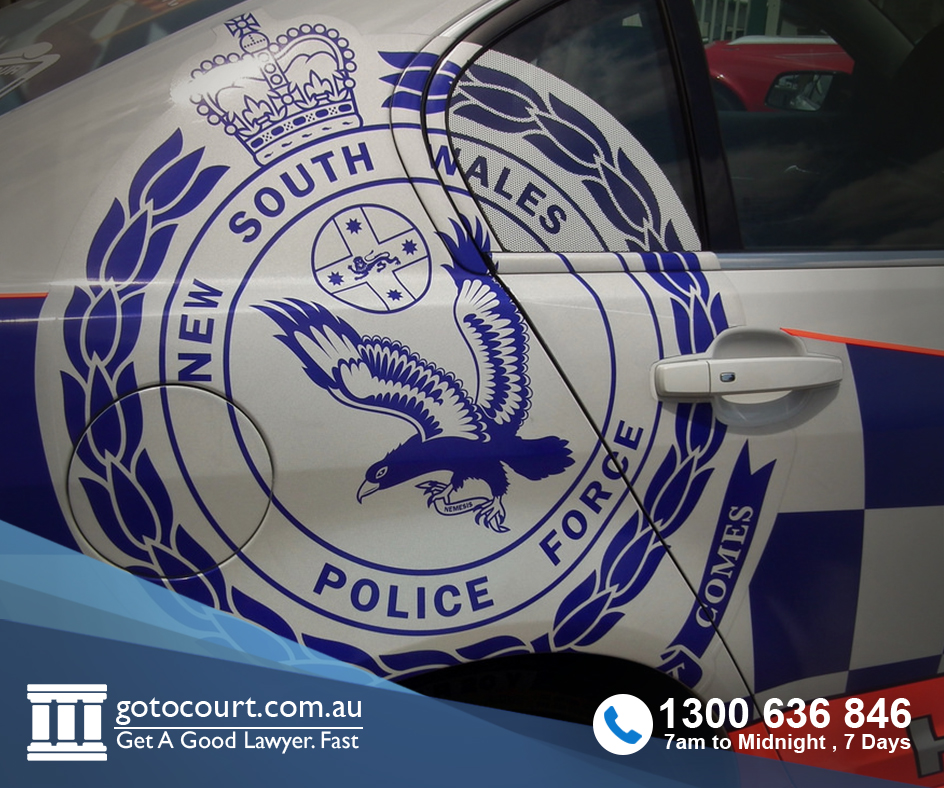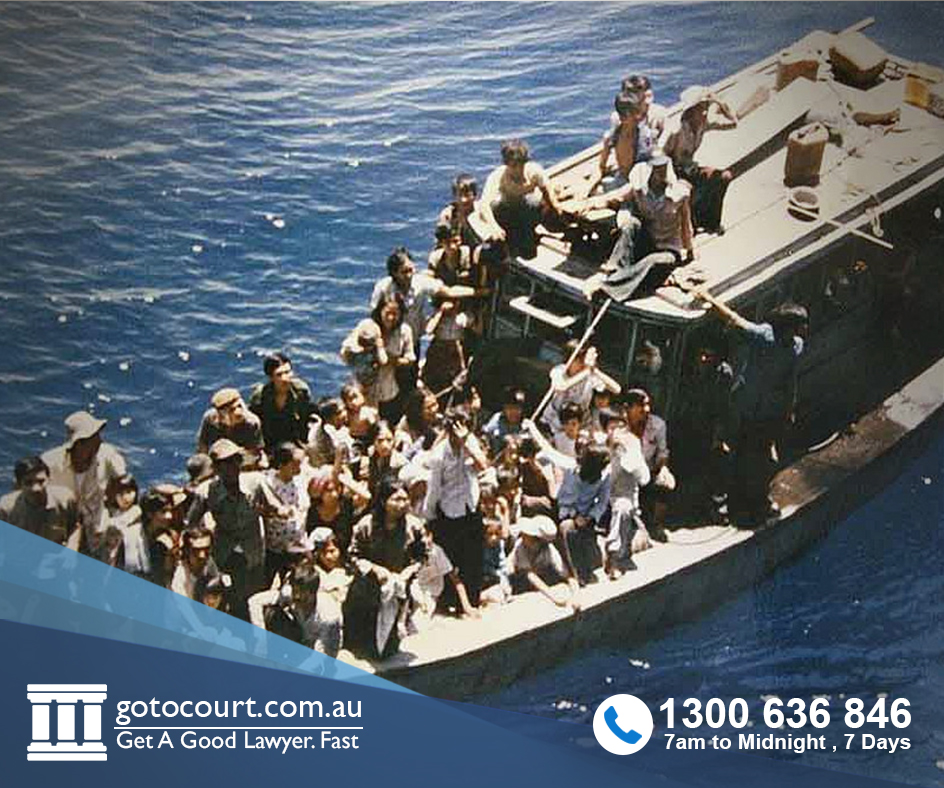Call our lawyers
now
or,
have our lawyers
call you
Abolishing the Habitual Offender Designation – Where To Now?
Abolishing the Habitual Offender Designation – Where To Now?
In New South Wales, the Habitual Traffic Offender (HTO) Scheme, which has been in operation for a number of years, has been abolished under the Road Transport Amendment (Driver Licence Disqualification) Act 2017 (the Act). The Act takes effect from the 28th October, 2017, and includes a wide range of measures that impact on driver licencing in the State. This includes a wider range of police powers to deal with unlawful drivers and also provides a clear path back to lawful driving for those drivers who have learned to obey the law while driving.
Under the former regime, a person was automatically declared a Habitual Traffic Offender where it was found that they had committed three serious traffic offences in any five-year period. A Habitual Traffic Offender Declaration removed the person’s right to drive for a period of five years after all the cancellation penalties for the offences committed had been served. An additional five years was added for every single additional offence within the same five-year period. This often amounted to significant suspension periods, and occasionally, a life time ban against driving. This system of multiple punishments for the same offences was considered too onerous (and ineffective) and has been abolished entirely.
HTO’s under a cancellation of licence will also have their period of disqualification extended by the length of time spent in prison for any custodial sentence related to the offences which gave rise to the HTO Declaration being made.
The reason for this significant change to the Act emerged from a report commissioned by the NSW Government from the Bureau of Crime Statistics and Research which strongly indicated that long cancellation periods had little or no effect on recidivist drivers. In essence, it was found that where a person felt that they had nothing to lose, and no means by which to demonstrate any rehabilitation, they simply continued to drive in contravention of the law, and accepted the consequences of additional fines.
It is important to note that those drivers who have been declared a Habitual Traffic Offender under the previous scheme, and are currently disqualified from driving, will not be released from that designation until they have applied to the Local Court for an order allowing them to qualify for a driver licence again. The capacity of the Court to quash a HTO Declaration remains in place. This will eventually become redundant as such drivers exit the driver licence system.
They will, depending on the circumstances of the cancellation, still have to serve a minimum of two-to-four years’ cancellation, undertake a Traffic Offenders Rehabilitation Program through the TOIP, and apply for a complete driver test before being allowed back on the road. If successful, they will then be issued with a probationary licence, with all the restrictions those licences carry.
Under the amendments to the Act, there is no reference to Habitual Traffic Offenders and this designation is now obsolete. Instead, HTO’s will fall under the same driver rehabilitation scheme outlined in the amendments to the legislation for all suspended and cancelled driver licences. These amendments have been explained in detail here.
Briefly, under these amendments, a successful application to the Court would likely result in all existing disqualifications being lifted. However, the Act now provides for a range of matters that preclude a HTO, or any disqualified driver, from applying under the revised system, including where their driving caused death or grievous bodily harm, or where they have not served a sufficiently long period of disqualification. All fines associated with the driving offences in question must be paid before the Court can consider lifting a HTO order. Where a driver does not qualify for consideration under the new system, this fact may well play against them should they apply for the HTO Declaration to be quashed under the old system.
As mentioned, drivers who have a HTO Declaration against them can apply to have it quashed under the previous system or apply under the new system for review, where they meet the necessary criteria. In either case, they will need solid, experienced-based legal advice to build their case for remission. Any person in this position should contact the Go To Court Lawyers NSW Traffic Team on 1300 636 846 for an appointment to discuss how to progress their case before the Court.
By Dr Garth Wooler, GTC Lawyers
This article is published for general information only and is not intended to provide specific legal advice. It is important that you consult with a lawyer to discuss your case specifically, rather than rely on general information as to the law.

Affordable Lawyers
Our Go To Court Lawyers will assist you in all areas of law. We specialise in providing legal advice urgently – at the time when you need it most. If you need a lawyer right now, today, we can help you – no matter where you are in Australia.How It Works






1. You speak directly to a lawyer
When you call the Go To Court Legal Hotline, you will be connected directly to a lawyer, every time.

2. Get your legal situation assessed
We determine the best way forward in your legal matter, free of charge. If you want to go ahead and book a face-to-face appointment, we will connect you with a specialist in your local area.

3. We arrange everything as needed
If you want to go ahead and book a fact-to-face appointment, we will connect you with a specialist in your local area no matter where you are and even at very short notice.


